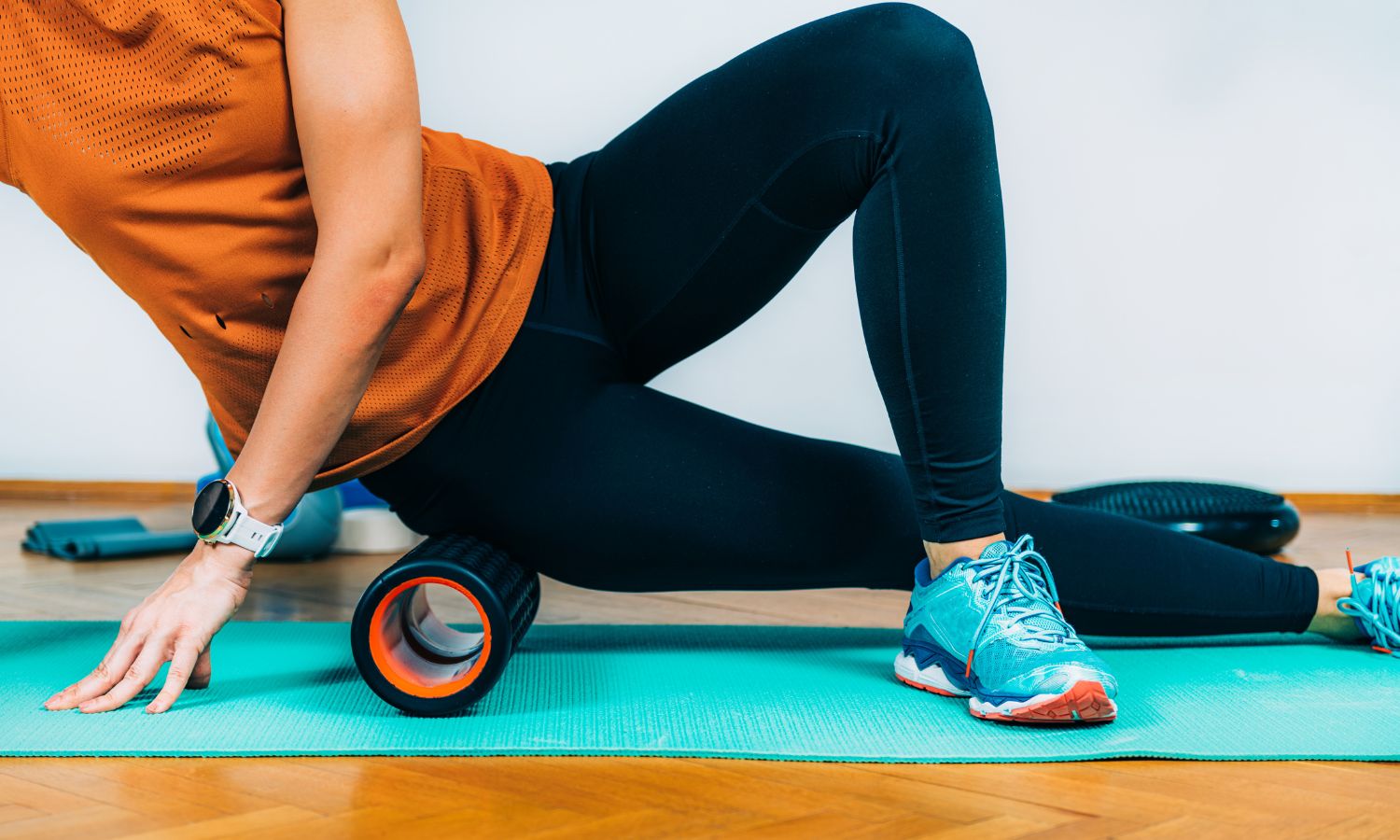Muscle recovery is a crucial aspect of any fitness or physical activity routine. Whether you’re an athlete, a gym enthusiast, or simply someone who enjoys an active lifestyle, taking steps to help your muscles recover can improve your performance, reduce the risk of injury, and ensure that you can continue pursuing your fitness goals. In this article, we’ll explore effective strategies to assist your muscles in the recovery process.
Adequate Rest and Sleep
Perhaps the most critical aspect of muscle recovery is getting enough rest and quality sleep. During sleep, your body undergoes crucial processes for repair and growth. Aim for 7-9 hours of sleep per night to allow your muscles to recover optimally. Create a sleep-friendly environment by keeping your room cool, dark, and quiet.
Hydration
Proper hydration is essential for muscle recovery. Dehydration can lead to muscle cramps and hinder the body’s ability to remove waste products generated during exercise. Drink water throughout the day, and consider incorporating electrolyte-rich beverages and healthy juices if you engage in intense physical activity or sweat heavily.
Nutrition
Nutrition plays a pivotal role in muscle recovery. Consume a balanced diet rich in protein, carbohydrates, and healthy fats. After exercise, refuel with a combination of protein and carbohydrates to aid muscle repair and replenish glycogen stores. Incorporate lean protein sources like chicken, fish, beans, and quinoa, as well as complex carbohydrates like whole grains and fruits.
Protein Intake
Protein is essential for muscle repair and growth. Ensure that you’re getting an adequate amount of protein in your diet, especially after strenuous workouts. Protein-rich foods or supplements can help speed up recovery. The recommended daily intake varies based on your activity level, but a general guideline is 1.2 to 2.2 grams of protein per kilogram of body weight.
Stretching and Mobility Exercises
Incorporate stretching and mobility exercises into your routine. Stretching helps alleviate muscle tension and enhances flexibility, reducing the risk of injury. Include both static and dynamic stretches before and after workouts to improve blood flow and range of motion.

Foam Rolling and Self-Massage
Foam rolling and self-massage techniques, such as using a lacrosse ball, can help release muscle knots and reduce muscle soreness. Roll slowly over targeted areas, applying pressure to tight spots. This practice can increase blood circulation and alleviate muscle tension.
Active Recovery
Active recovery involves engaging in low-intensity exercises like walking, swimming, or cycling on rest days. These activities promote blood flow and help flush out waste products, facilitating muscle repair without putting additional strain on the muscles.
Ice and Heat Therapy
Applying ice to sore muscles can reduce inflammation and alleviate pain, especially after intense workouts. Conversely, heat therapy, such as a warm bath or heating pad, can relax muscles and enhance blood circulation, promoting recovery.
Proper Post-Workout Cool Down
Always conclude your workouts with a proper cool-down routine. Gradually reduce the intensity of your activity to allow your heart rate to return to normal. Gentle stretches and deep breathing exercises can help your muscles relax.
Listen to Your Body
Lastly, pay close attention to your body’s signals. If you experience persistent pain, fatigue, or discomfort, it may be a sign that you need more rest or a break from intense exercise. Pushing through pain can lead to injury and prolonged recovery.
Conclusion
Muscle recovery is an integral part of maintaining a healthy and sustainable fitness routine. By prioritizing rest, sleep, hydration, nutrition, and various recovery techniques, you can help your muscles heal and adapt to the physical demands of exercise. Remember that recovery is a dynamic process, and what works best for you may vary depending on your individual needs and the intensity of your workouts. Be sure to avoid things like alcohol after working out. Incorporating these strategies into your routine will contribute to better muscle health, improved performance, and a reduced risk of injury.

